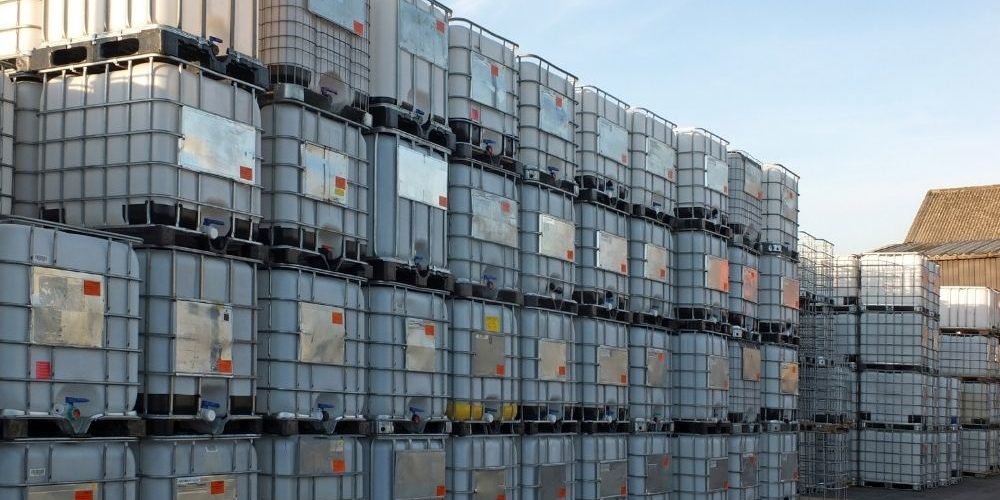We can categorize the products of the chemical industry in two ways: fine chemicals and bulk chemicals. Fine chemicals are more complex, used for specialty products like medicine, fragrances, and food additives. Bulk chemicals, however, have been standardized. Chemical toll manufacturing plants can produce them in large quantities. These are just surface-level differences, however. Let’s talk about what truly makes bulk chemicals and fine chemicals different from one another.
Bulk Chemicals
As mentioned, these are chemicals that plants can produce in large quantities because there’s no need to tweak their composition. They can fulfill general purpose needs. Some of these chemicals include ammonia, sulfuric acid, and sodium hydroxide. You may also see them referred to as “commodity chemicals,” because they exist within the global market and prove easy to acquire. Bulk chemical plants aim to keep the markets saturated enough with these commodity chemicals to keep prices low.
Fine Chemicals
Fine chemicals, on the other hand, are typically specially requested and only produced in limited quantities. One of the biggest differences between bulk chemicals versus fine chemicals is that fine chemicals are developed with batch manufacturing while bulk chemicals are produced through a continuous process. Because fine chemicals are meant for very specific purposes, they require complex processes, such as chemical synthesis, biotechnology, extraction, and hydrolysis. The specialty chemicals must also be used in combination with other chemicals to reach their full potential. This makes them the building blocks of products in your daily life, such as pharmaceuticals, biocides, fragrances, and pigments.
To sum up the differences, bulk chemicals are widely available because they’re much cheaper and easier to use. Fine chemicals, on the other hand, must be specially requested and altered to fit the specific needs of the client. They must also be combined with other chemicals to create the final product.



